Post
A catch
Save a catch to start your fishing logbook. You will be able to to share it with the community if yo want!
A fishing trip
Post an ad to go fishing with other fishermen
Save a catch to start your fishing logbook. You will be able to to share it with the community if yo want!
Post an ad to go fishing with other fishermen
Share a thought, a question with the community
My favorite cities
×Join our 150 fishermen in Newcastle-West in Limerick. The fishing forecast is currently 3.8. The most caught fishes here are the lesser amberjack, the atlantic salmon, the red grouper and the westlope cutthroat trout. Come try the most famous fishing techniques like the tips on material to catch bass with jig, fishing for pollack with natural baits, eel fishing in freshwater or tips on material for support fishing for sea bream.
Our fishing forecast of Newcastle West indicates the best time to go fishing in this city.
The Lesser Amberjack
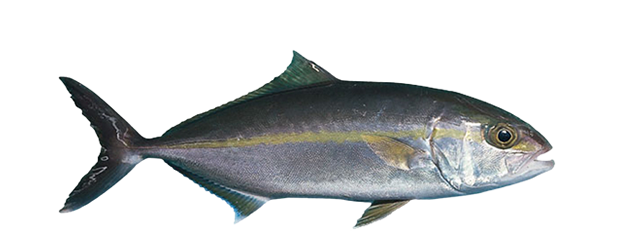
The Lesser Amberjack belongs to the Carangidae family. It has an average length of 50 cm for 4,53 kg. It has a lifespan of about ten years. It spawns throughout the year. It can be fished all year round. The body is short, a little wide and slightly tapered from the middle to each end. Above the lateral line, they are olive green, brownish, dark pinkish or purple and below the lateral line, they are white or silver grey. A slightly golden line extends from the eye to the tail and a dark band extends diagonally from the eye almost to the first dorsal fin. Juveniles have seven to eight brownish, irregular and sometimes broken bands. The first rounded dorsal fin has eight spines. The second largest dorsal fin, which is not connected to the first, has a spine and 30 to 32 rays. There are three spines and 19 to 20 rays on the anal fin. The second dorsal fin and the smallest anal fin are similar in shape, with the front ends extending to a peak. The tail is in the shape of a boomerang.
The Lesser Amberjack is a famous fish you can catch in Newcastle West.The Atlantic salmon
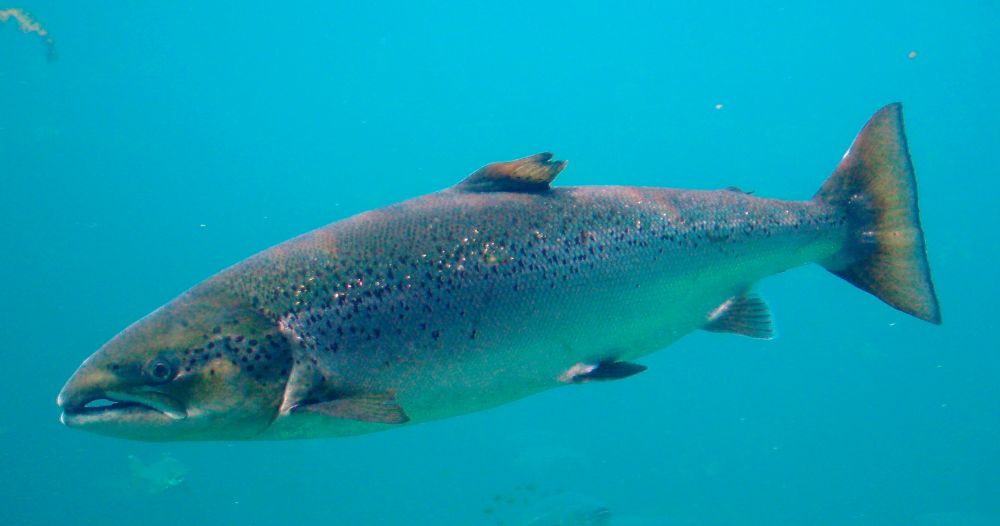
The Atlantic salmon belongs to the Salmonidae family. Atlantic salmon can measure up to 1.50 m in length and weigh up to 36 kg. The average longevity of Atlantic salmon is estimated at 10 years. It breeds from October to November. The female lays 1500 to 1800 eggs per kg of weight. It can be fished all year round. Atlantic salmon have an elongated and slender body. The anal fin has eight to eleven rays. The caudal is large, concave in adults and forked in young people. The head is small and flattened on top. The mouth is large (split to the posterior edge of the eye) and has strong teeth on the jaws, tongue and palate. The scales are large and visible. The lateral line is straight. Large black dots on a light background form X on the head, back and dorsal fin. The color varies from blue to blue-grey on the back, it is silvery on the sides. It varies during the spawning season, with adults turning bronze to dark brown. They lose their silvery livery when they enter fresh water. Males are marked with red dots on the sides. The young are marked with seven to eleven vertical fingerprints that they will lose when they enter the sea. As spawning approaches, the male's head will change: it will elongate, the lower jaw will develop and bend to form a hook (male "becard").
The Atlantic salmon is a famous fish you can catch in Newcastle West.The Red Grouper
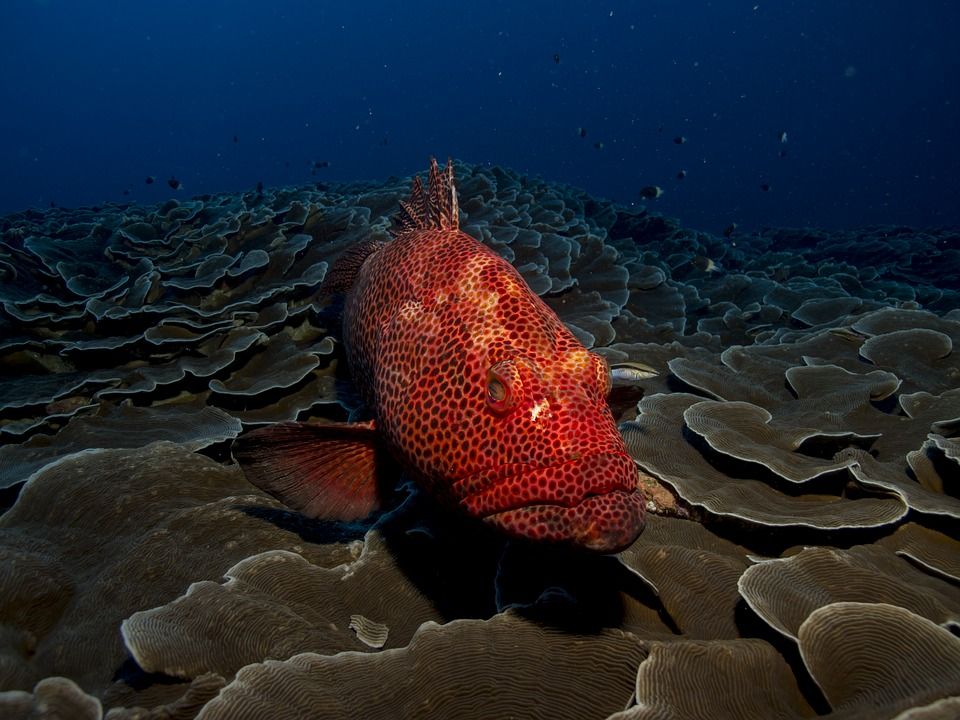
The Red Grouper belongs to the Serranidae family. The Red grouper reaches a maximum total length of 125 cm and a maximum declared weight of 23.0 kg. Red Groupers are thought to have a lifespan of about 25-30 years. They breed from January to April. It is abundant at the end of summer. The red grouper is a robust, medium-sized fish. It has large eyes and differs in size, the anterior pair being slightly smaller than the posterior pair. Pelvic fins are shorter than pectoral fins. The pelvic fins are inserted behind the pectoral fins on the body. The red grouper has scales and thick skin at the base of the dorsal and anal fins. The caudal fin is truncated and the caudal peduncle has no saddle. The head and body of the red grouper are dark reddish brown in color, then fading to pink or reddish on the sides and ventral side. Light-colored spots may be observed scattered over the body and small black spots may be present around the eyes. The anal, dorsal and caudal fins have dark margins. When the fish is resting, the coloring becomes more split, resembling the Nassau grouper.
The Red Grouper is a famous fish you can catch in Newcastle West.The Westlope cutthroat trout
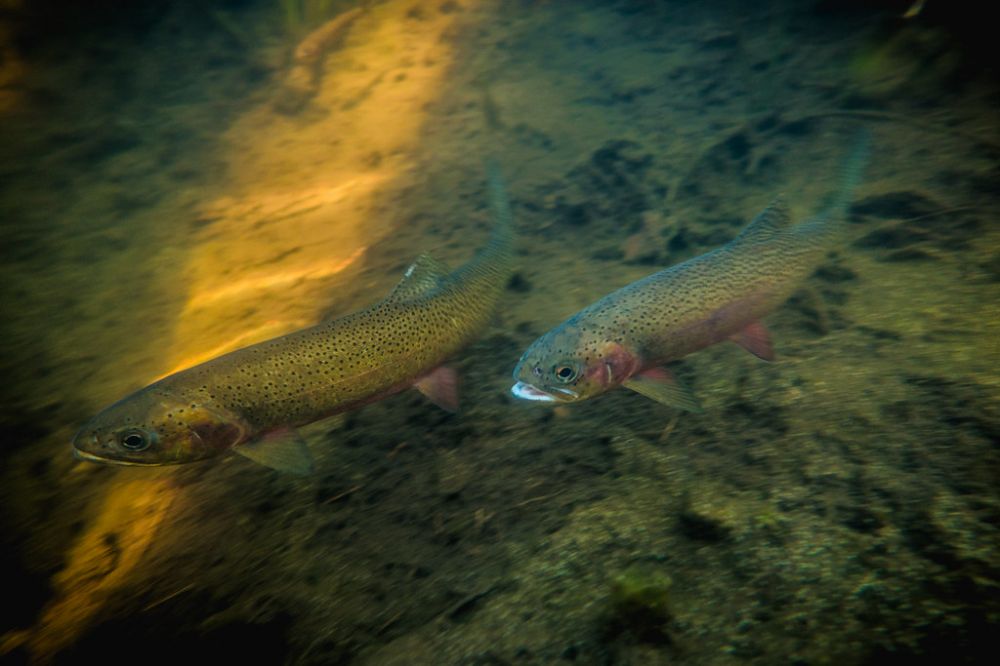
The Westlope cutthroat trout belongs to the Salmonidae Family. The average length of the fish is about 30 cm and rarely exceeds 46 cm. It has an average life span of 2 to 5 years. They breed in the spring. Fishing is prohibited because this fish is endangered. The fish has teeth under the tongue, on the roof of the mouth and on the front of the mouth. The gorge cutting the western slope is common in the waters of lakes and rivers upstream. The skin has small dark freckle-like spots, grouped towards the tail, and is mainly orange in color. They are distinguished from rainbow trout by the red, pink or orange markings under the jaw.
The Westlope cutthroat trout is a famous fish you can catch in Newcastle West.The Yellow Perch
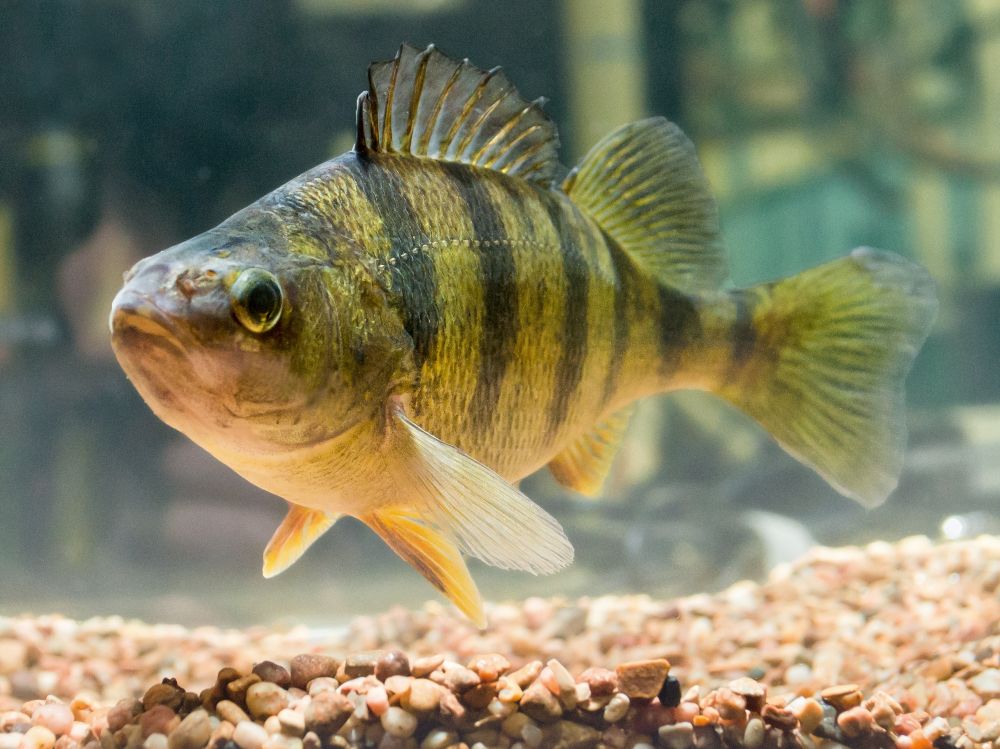
The Yellow Perch belongs to the Percidae family. The yellow perch measures on average 10 to 25 cm in length and weighs between 50 and 200 g (up to 36 cm for 500 g). The average lifespan is about 7 years. It breeds from April to May. It can be fished all year round. Its body is elongated and oval. Its head is moderately high and rounded at the tip. Its snout is obtuse and moderately long; it does not extend beyond the lower jaw. The mouth is terminal and slightly oblique. The jaws have small teeth. The operculum is finished with a strong thorn. There are 2 distinctly separated dorsal fins. The first dorsal spine is high and rounded, the spines are strong, the rays vary from 13 to 15. The second dorsal fin is almost as high, with 1 to 2 spines and 12 to 15 rays. The caudal is slightly forked. The color of the yellow perch varies according to its size and habitat. The back and dorsal surface of the head vary from bright green to golden brown to olive. The sides are pale yellow to yellow-green with about 7 vertical black bars of decreasing width. The ventral face of the head and body varies from grey to milk white. The dorsal and caudal fins range from yellow to green; the edge of the first dorsal fin is often black. In males in spawning livery the colors will be more intense: in particular, the pelvic and anal fins which are then bright orange.
The Yellow Perch is a famous fish you can catch in Newcastle West.Our fishing forecast of Newcastle West indicates the best time to go fishing in this city.
Our fishing forecast of Newcastle West indicates the best time to go fishing in this city.
Our fishing forecast of Newcastle West indicates the best time to go fishing in this city.
